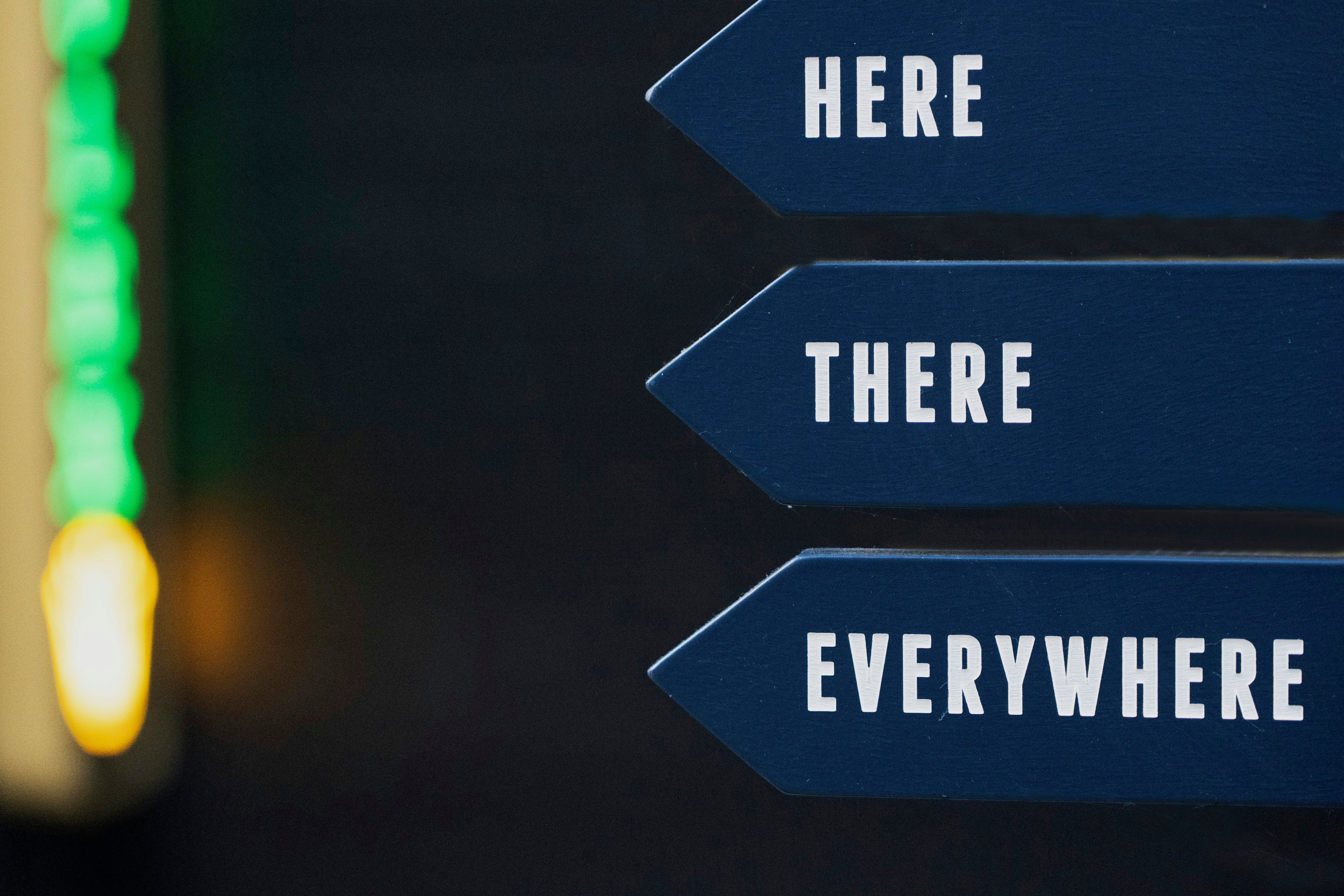District Attorney of New Orleans, Jim Garrison, Stated Evidence of His Findings on John F. Kennedy's Assassination
In 1967, New Orleans District Attorney Jim Garrison publicly accused Clay Shaw of conspiring with government agencies to assassinate President John F. Kennedy, a claim that remains a subject of debate.
Following President Kennedy's assassination in 1963, the official government investigation led by the Warren Commission concluded that lone gunman Lee Harvey Oswald was responsible. However, Jim Garrison, who had taken office as district attorney a year after the murder, doubted the findings, claiming the commission's conclusions were false.
Garrison, who opened his own investigation, alleged that the president had been tragically killed by a CIA conspiracy, with the goal of preventing Kennedy from ending the Vietnam War and making peace with the Soviet Union. Despite publicly accusing several individuals of being part of the supposed plot, Garrison's investigation ultimately went nowhere, leaving many labeling him an attention-seeker or a fraud. Yet, he steadfastly maintained that the Kennedy assassination held more secrets than initially believed.
Garrison's story gained mainstream attention through Oliver Stone's 1991 film "JFK," which presented Garrison as a relentless pursuer of the truth.
Garrison, born on November 20, 1921, served in World War II before attending Tulane University Law School and opening a law practice in the 1950s. Prior to his crusade for Kennedy's truth, newspapers reported that he suffered from a serious and disabling mental condition; however, Garrison never publicly commented on these claims.
Venturing into the political sphere, Garrison surprised many when he unexpectedly won the district attorney position in 1962. Utilizing television as a tool, Garrison was known for conducting high-profile raids in the French Quarter and arresting sex workers.
Everything changed for Jim Garrison on Nov. 22, 1963, when President Kennedy was assassinated in Dallas, Texas. Spurred by unanswered questions, Garrison began his investigation by scrutinizing Lee Harvey Oswald, Kennedy's assassin, who had ties to New Orleans. Oswald had offices close to U.S. intelligence agencies and spent significant time in the city.
Garrison's investigation took him on a deep dive into government conspiracy theories, leading him to assert that Kennedy was killed due to intelligence agencies' fears that the president would withdraw from Vietnam and seek peace with the Soviet Union and Cuba. Garrison even accused Lee Harvey Oswald's assassin, Jack Ruby, of involvement in the assassination plot.
Garrison's investigation targeted several individuals, including David Ferrie, an anti-communist pilot with anti-Kennedy, anti-Cuba views, and Clay Shaw, a New Orleans businessman. However, Ferrie's untimely death from a brain aneurysm in 1967 thwarted Garrison's attempts to prosecute him. Shaw was tried in 1969, but the trial, which centered on Shaw's sexual orientation, was largely viewed as a farce.
Following Shaw's acquittal, Garrison's reputation declined. He was indicted in 1973 for taking bribes to protect illegal pinball gambling, leading to a reelection campaign for his fourth term as district attorney, which he ultimately lost. Garrison managed to resurrect his career in 1978 when he won a seat on Louisiana's Court of Appeal for the Fourth Circuit, where he served until his death in 1992.
In the final years of his life, Garrison's story was revived through Oliver Stone's film "JFK," which presented him as a hero in the pursuit of truth. Despite the controversy surrounding his investigation, Garrison remained steadfast in his belief that there was more to Kennedy's assassination than the public knew, alleging that figures such as Chief Justice Earl Warren and President Lyndon B. Johnson were involved in the cover-up.
In the decades since the assassination, numerous conspiracy theories have emerged surrounding the true cause of President Kennedy's death. Though Garrison's specific theories have been largely dismissed by historians, his relentless pursuit of the truth will continue to be a defining chapter in the history of JFK conspiracy theories.
[1] Associated Press, "Analysis: Kennedy Interrogators Recall Events and Long-Held Doubts," November 17, 2013. [2] The Washington Post, "Jim Garrison, District Attorney Who Prosecuted Clay Shaw in John F. Kennedy Assassination Conspiracy Case, Dies at 71," October 2, 1992. [3] The New York Times, "When a Hero Decides He Needs Two Guns," December 4, 1966. [4] History Uncovered Podcast Episode 96: Who Really Killed JFK?, November 23, 2018. [5] The New York Times, "A Jury hears Testimony in Kennedy Murder Trial," May 1, 1969.
History and politics intertwined in the controversial investigation led by Jim Garrison, the district attorney of New Orleans, who accused several individuals, including Clay Shaw, of being part of a CIA conspiracy to assassinate President John F. Kennedy in 1963. This claim, debated even today, triggered a series of events that delved deep into the realm of general-news, sparking numerous theories and controversies that persist in the annals of history.
The Supreme Court judge, Earl Warren, who headed the Warren Commission that investigated Kennedy's assassination, was one of the figures alleged by Garrison to be involved in the cover-up, a claim that continues to be a subject of debate in the realm of politics and general-news.








